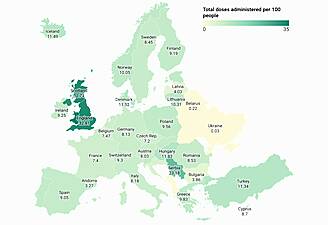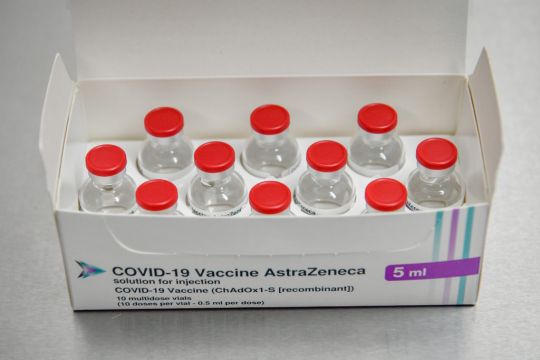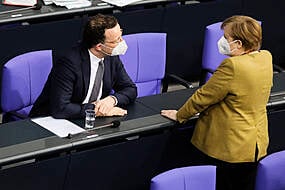The European Commission and Italy have blocked a shipment of AstraZeneca’s coronavirus vaccine destined for Australia after the drug manufacturer failed to meet its EU contract commitments, two sources said on Thursday.
The sources said AstraZeneca had requested permission from the Italian government to export some 250,000 doses from its Anagni plant, near Rome.
The Italian government refused and the European Commission supported its decision, the sources said. An EU source in Brussels said national authorities had the final say in such matters.
There was no immediate comment from AstraZeneca.
The move came just days after prime minister Mario Draghi, who took office last month, told fellow EU leaders that the bloc needed to speed up vaccinations and crack down on pharma companies that failed to deliver on promised supplies.
EU countries started inoculations at the end of December, but are moving at a far slower pace than other nations, including Israel and ex-EU member Britain. Officials have blamed the slow progress in part on supply problems with key manufacturers.
Supply cuts
AstraZeneca in January cut its supplies to the EU in the first quarter to 40 million doses from 90 million foreseen in the contract, and later told EU states it would cut deliveries by another 50 per cent in the second quarter.
The company later said it was striving to supply missing doses for the second quarter from outside Europe.

Thursday's ban is believed to be the first time Europe has prevented vaccine exports to a third country.
The plant in Anagni is handling the final stage of the AstraZeneca production – the so-called fill and finishing of its Covid-19 vaccine.
The site is owned by US group Catalent that was expected to handle hundreds of millions of AstraZeneca doses over the coming 12 months.
The Anagni plant is also expected to help produce the vaccine developed by US drugmaker Johnson & Johnson.







